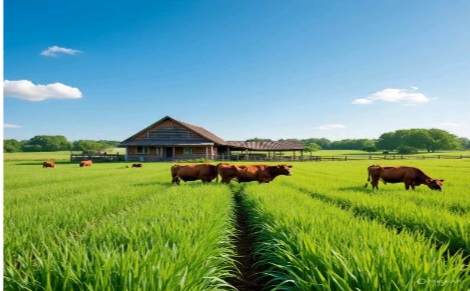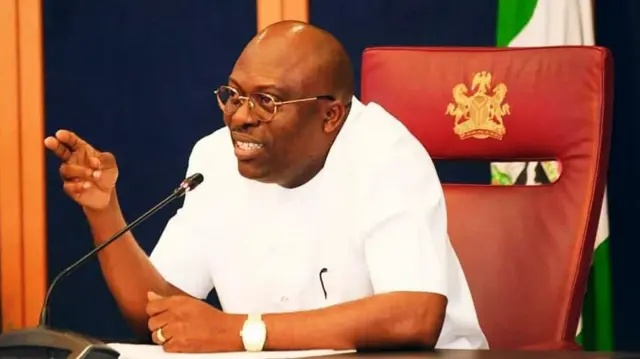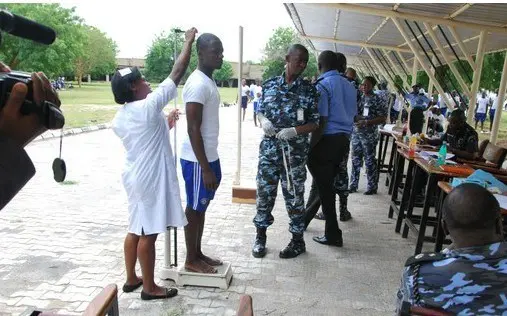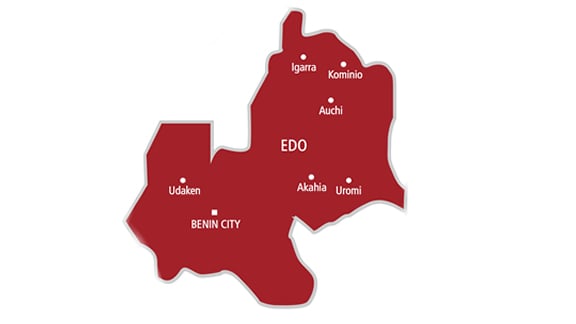
Delta State is taking bold steps to tackle food insecurity and economic hardship by combining international collaboration, local empowerment, and innovative technology. Recent high-profile visits by the Delta State Government delegation to Brazil—led by Governor Sheriff Oborevwori, Senior Special Adviser on Economy Dr. Barry Gbe, and Commissioner for Works (Rural Roads) Mr. Charles Aniagwu—illustrate a clear vision to transform agriculture and attract global investment.
Brazil, a world leader in livestock, ranching, and agro-processing, offers tested models that Delta aims to replicate. The delegation’s engagements with Brazilian ranch experts on cattle breeding, pasture development, and dairy production seek to boost Delta’s food production capacity. This initiative aligns with Governor Oborevwori’s broader agenda to diversify Delta’s economy beyond oil, empowering local farmers and generating sustainable jobs.
While international partnerships are invaluable, equally crucial are strengthened local funding options. Institutions like the Bank of Agriculture and the National Agricultural Development Fund should offer soft loans and long-term credit facilities to farmers. Such financial support—focused on small-scale producers—will drive increased production and reduce the cost of food for civil servants and ordinary citizens.
Cluster farming, where farmers group together to share resources, knowledge, and marketing advantages, offers another powerful strategy. Organizing farmers into cooperatives enhances bargaining power and access to inputs and markets. This approach also simplifies oversight and funding distribution, improving agricultural productivity at scale.
However, food production faces a major threat from insecurity. Attacks and theft have discouraged many farmers from tending their land, reducing output and worsening food shortages. To address this, Delta State should pioneer security innovations such as drones and surveillance cameras to monitor farmlands and deter crimes proactively. Pairing these technologies with community policing and rapid response teams can create a safer farming environment and restore farmers’ confidence.
Beyond government initiatives, civil society groups, NGOs, and religious organizations can play vital roles by investing in large-scale farming projects. Such efforts can bring food prices down by increasing supply and creating direct channels for civil servants and communities to access fresh, affordable produce. Encouraging civil servants to cultivate home gardens with free or subsidized seedlings also boosts local food availability and nutrition.
In summary, Delta State’s multi-pronged approach—embracing global best practices from Brazil, increasing funding and cluster farming, leveraging technology for security, and mobilizing community partnerships—offers a promising blueprint to reduce food hardship. By empowering civil servants and farmers alike, these initiatives can transform agriculture into a sustainable economic engine, securing food sovereignty and improving livelihoods for all Deltans and Nigerians.




